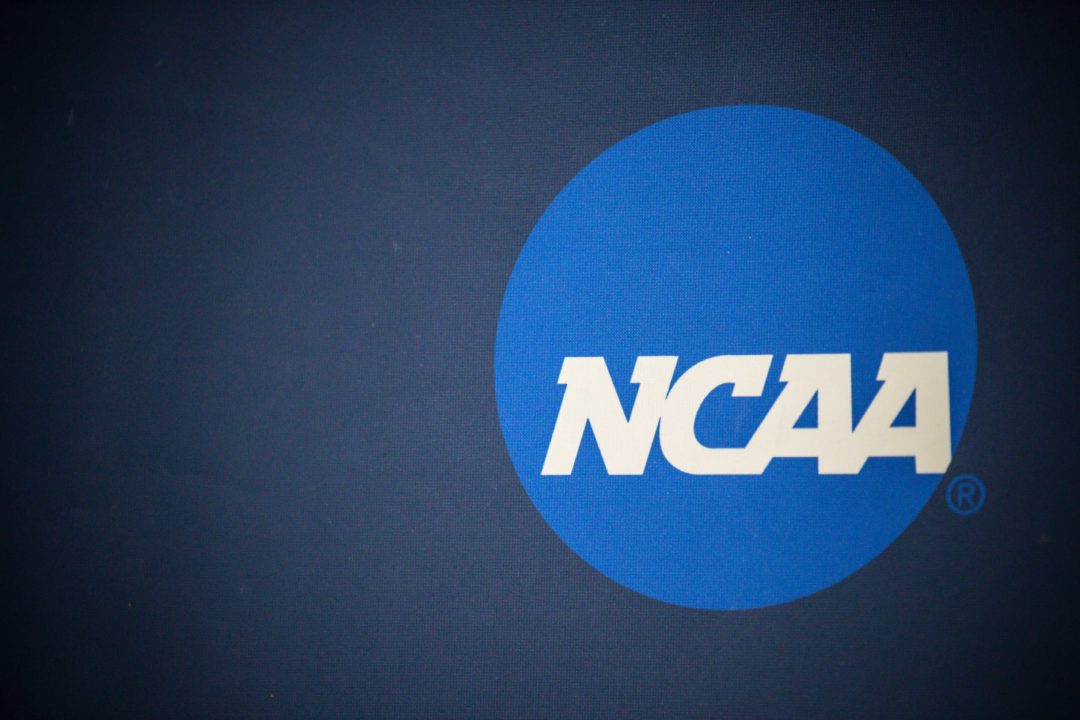Most international student-athletes are unable to benefit from name, image, and likeness deals due to student-visa limitations, at least until better clarification is provided by the U.S. federal government.
Up until this year, all NCAA student-athletes could not benefit from any name, image, and likeness (NIL) deals without losing eligibility.
This all changed this school year though because as of July 1, 2021, NCAA athletes would be allowed to accept compensation for the use of their name, image, and likeness. This means that student athletes could accept free products or receive monetary compensation, for example, and not risk losing eligibility.
So far, swimmers have been able to benefit from this rule change as they have been found to rank 4th and 6th in the percentage of NCAA participants with NIL deals from Opendorse. Most of the time, the deal involves posting content, especially to boost products and brands.
Although this was a big change in college sports, not all athletes have had the same benefit. Most international student-athletes are still limited due to their student visas. Student visas (designated as F or M) are granted to international students to allow them to continue their studies in the United States. Universities and colleges fall under the F VISA category.
Mike Chamberlain, Associate Athletic Director for Compliance and Student-Athlete Development at Lafayette College, spoke on the change saying, “According to F-1 VISA laws, a nonimmigrant is not permitted to work in the United States unless it is expressly authorized under the applicable regulations. F-1 student visa holders are only permitted to be employed under very specific circumstances, none of which seemingly fit any of the NIL scenarios well.”
Under F-1 VISA laws, nonimmigrants are not permitted to work within the United States unless authorized under applicable circumstances. Some of these circumstances are working on a college campus and/or working on training in a related field of study (ex. A paid internship). These limitations make it difficult to be able to benefit off the new NIL rule at least as of today.
The consequences of participating in unauthorized employment are also significant as “Not only can their F-1 status be terminated, but the government can also withhold benefits in the future to that student or the college itself.” (Chamberlain)
It is important to understand that these limitations are not because of NCAA rules, but rather because of U.S. federal government rules – ones that would apply to all international students, whether they were athletes or not.
There have been some suggestions to discuss how this change can affect international student athletes in the future. Back in June 2021 before the law came into effect, The Student and Exchange Visitor Program (SEVP) released a statement saying, “[We are] aware of and actively monitoring proposed federal and state legislation pertaining to the use of name, image and likeness for student athletes, including F and M nonimmigrant students. The program is working with its partners within the U.S. Department of Homeland Security to review how this legislation affects international student athletes and will provide updated guidance via Broadcast Messages, Study in the States, social media and SEVP field representatives.”
“In short, this in particular is a federal government clarification that is needed for international students and student-athletes. The NCAA doesn’t have rules that cater to domestic student-athletes vs. international, it’s a student’s VISA criteria and the employment laws that come with being allowed to attend college on a VISA.” (Chamberlain)
We have seen a few high profile international swimmers have very short stays in the NCAA, and the current visa limitations will continue to create limitations for these athletes. Ironically, those same athletes could drop out of school, obtain O-1 or P-1 visas for internationally recognized athletes, and be allowed to profit from their athletic endeavors.

There is also the double whammy that if they were officially allowed to do so that they most likely would be taxed by both the US and their home country on any source of revenue from this.
In a non revenue sport there is a chance you may end up owing more than you made bc the two countries will tax you on the full amount each.
I get that it’s just your opinion, but this is a gross misunderstanding of tax law. This is the same “tax understanding” that drives people to say they don’t want a raise in order to avoid moving into a higher tax bracket (which is also not how taxes work).
I can’t think of any scenario where what you’ve stated above could be true. Certainly not at NIL levels.
For example, Matty Sates can earn up to R1.25 million abroad before he has to pay South African taxes on it ($83,000). Some portion of his income will be ascribed to being earned in South Africa or other international countries, and so he wouldn’t then have to pay US taxes on that.… Read more »
I’m assuming that saying swimmers rank 4th and 6th in percentage of participants with NIL deals is based off of the one report put out by the company in the NIL space that only had numbers on deals done through their company. If so that’s shoddy reporting.